Academic integrity is the commitment to and demonstration of honest and moral behaviour in an academic setting. This is most relevant at the university level as it relates to giving credit to other people when using their ideas and work, by acknowledging their contributions. Academic integrity training addresses concepts such as plagiarism and citing, copyright and fake news.
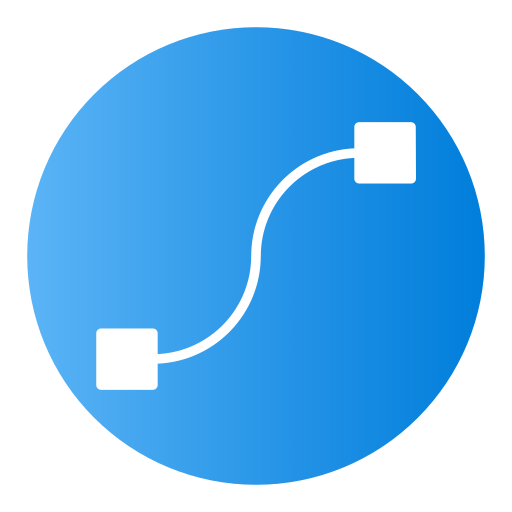 By the end of this training, learners should:
By the end of this training, learners should:
- Understand expectations for sound academic writing, avoiding plagiarism, and appropriate referencing and citation.
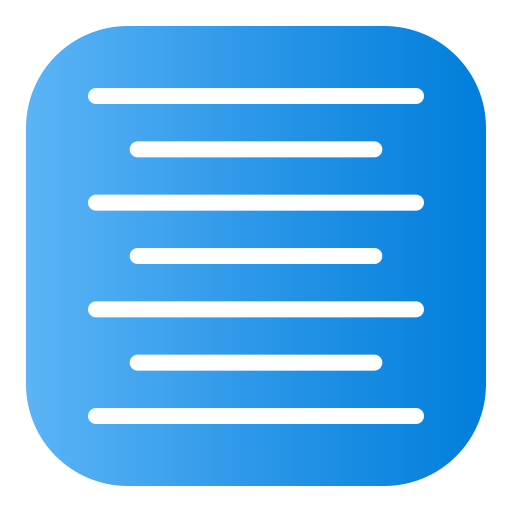 Training Outline:
Training Outline:
- Key concepts of citation, quotation, plagiarism, referencing, paraphrasing.
- Tips for sound academic writing and avoiding plagiarism.
- How to use plagiarism detection software subscribed by the university. If a university does not have the subscription, show free tools for researchers to use.
- Referencing and citation styles.
- How to identify false and misleading information.
- How to use generative AI tools ethically.
Resources for facilitators and learners
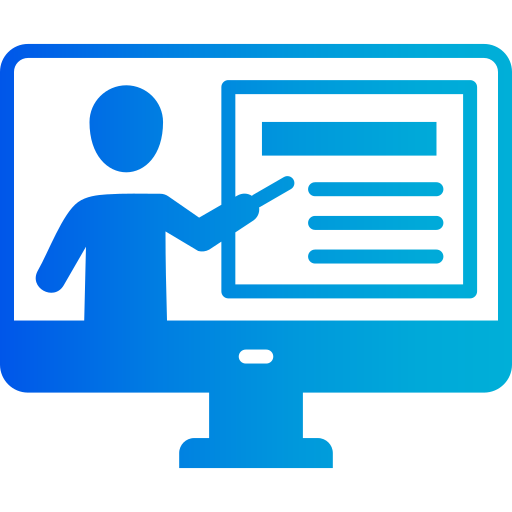 Online courses:
Online courses:
- Gwen Nguyen, “GenAI in Teaching and Learning Toolkit”, Toronto Metropolitan University Libraries.
 Videos, webinars, online tutorials:
Videos, webinars, online tutorials:
- Webinar recording and slides: “How to train students and researchers on the topic, Academic Integrity”, Milica Ševkušić, Institute of Technical Sciences of the Serbian Academy of Sciences and Arts, and EIFL.
- “Introduction to Plagiarism: Types and Examples”, Florida Atlantic University Libraries.
- “What is plagiarism?”, University of Guelph.
- “Understanding and Avoiding Plagiarism: Types of Plagiarism”, University of Guelph.
- “Understanding and Avoiding Plagiarism: From Passage to Paraphrase”, University of Guelph.
- "Research Misconduct: Plagiarism and Self-Plagiarism". Taiwan Academic Ethics Education Resource Center.
- “4 Ways to Check Your Paper for Plagiarism”, University of Guelph.
- “Cite Your Sources: When / Why to Cite”, University of Guelph.
- "Authenticity Is the Way to Go: Data Fabrication and Falsification", Taiwan Academic Ethics Education Resource Center.
- “Fake News Quiz”, University College Dublin.
- “Research Integrity materials, project Path2Integrity (videos, a handbook and learning cards)”; learning platform.
- “Academic Integrity at MIT: A Handbook for Students”, Massachusetts Institute of Technology, 2018.
- “Educational Resources: Instructors”, International Center for Academic Integrity.
- “Scholarly Communication in Crisis: Research Integrity and Open Scholarship”, OASPA webinar with Adam Day, Brian Nosek and Dorothy Bishop, and Catriona MacCallum.
- Getting copyright 'right' in your research, University of Newcastle Library.
- "Copyright Issues in Academic Research". Taiwan Academic Ethics Education Resource Center.
- Evaluating Sources Using SIFT: The Four Moves, Miami Dade College.
- Resource Evaluation - Using the CRAAP Test, High Library - Elizabethtown College.
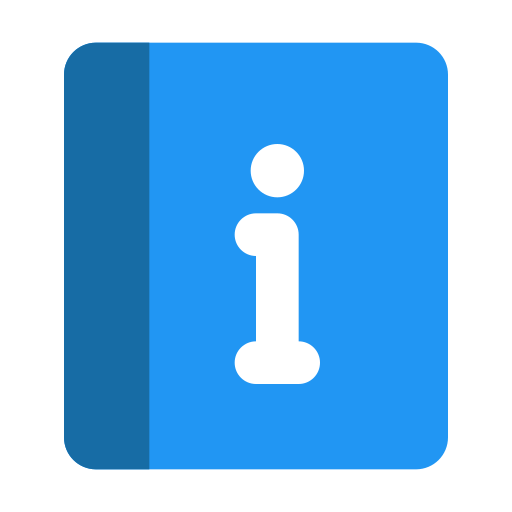 Library Guides:
Library Guides:
- “Academic Integrity - Referencing, Citation & Avoiding Plagiarism”, University College Dublin.
- “Plagiarism and Academic Integrity”, University of Guelph.
- “Evaluating information: Fake news”, University College Dublin.
- Fact-Checking Resources, Northeast WI Technical College.
- Reusable LibGuides Boxes: The CRAP/CRAAP/TRAAP Test, Butler University.
- “Generative AI Guide: What Is AI?”, Research Guides, Toronto Metropolitan University Libraries.
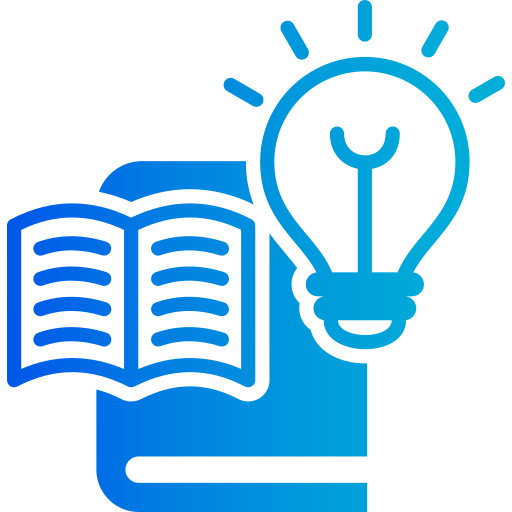 Examples of presentations, practical exercises, guides and tip sheets:
Examples of presentations, practical exercises, guides and tip sheets:
- Amanda White, Emma Gogolewski, Tyler Key, “Academic Integrity Board Game”.
- “Questionable Research Practices: Definition, Detection, and Recommendations for Better Practices”, Replicability-Index.
- “You Quote It, You Note It!” interactive guide developed by Acadia University, Vaughan Memorial Library (English and French).
- “Academic integrity”, University of Waterloo.
- “Living Guidelines on the Responsible Use of Generative AI in Research”. European Commission, 2024.
- Collection of resources: “Academic/Research Integrity”, Milica Ševkušić.
- Generative AI: Navigating Intellectual Property. Geneva, Switzerland: World Intellectual Property Organization, 2024. DOI: https://doi.org/10.34667/tind.49065
- Retraction Watch Hijacked Journals Checker (curated list of fake journals mimicking legitimate journals by adopting their titles, ISSNs, and other metadata).
- “The Dilemma Game app”, Erasmus University Rotterdam.
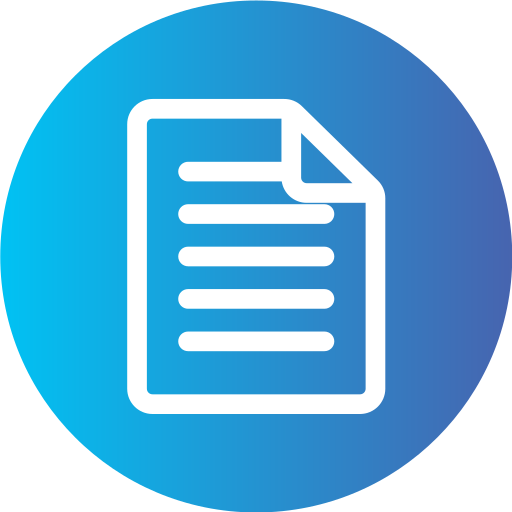 Articles and blogs:
Articles and blogs:
- White, Amanda, “Interactive Approaches to Learning about Academic Integrity: The Role of Fun and Games”. In Chapters, 86–99. Edward Elgar Publishing./19100_7.html
- Cenyu Shen, Leena Shah, “Predatory publishing practices: what researchers should know before submitting their manuscript”. Insights: the UKSG journal, 36(1) 2023, p. 19. DOI: https://doi.org/10.1629/uksg.631
- Chérifa Boukacem-Zeghmouri. "Predatory journals entrap unsuspecting scientists. Here’s how universities can support researchers". Nature. 620, 469 (2023). DOI: https://doi.org/10.1038/d41586-023-02553-1
- Joseph Brown, “Comparing AI Detection Tools: One Instructor’s Experience”, The Institute for Learning and Teaching, 2023.
